
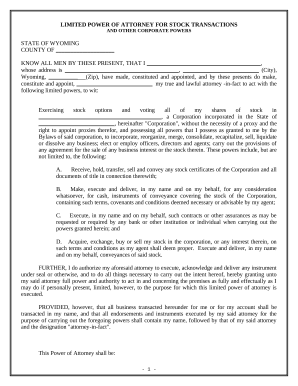

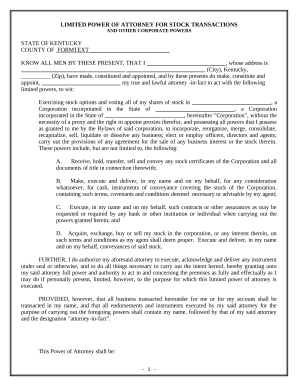
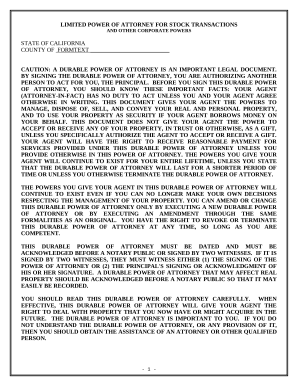
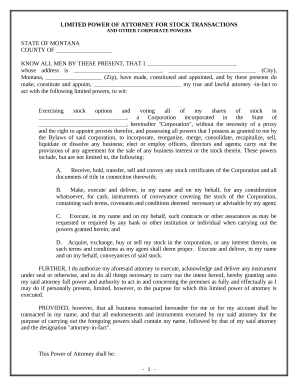

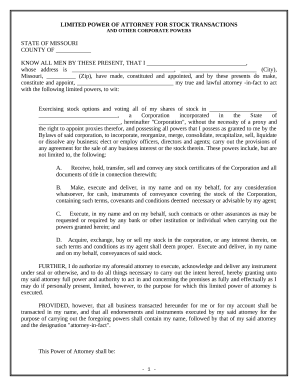
Document managing can overpower you when you can’t find all the forms you need. Fortunately, with DocHub's considerable form categories, you can find everything you need and swiftly deal with it without the need of changing between apps. Get our Stock Transactions Forms and start utilizing them.
How to use our Stock Transactions Forms using these easy steps:
Try out DocHub and browse our Stock Transactions Forms category easily. Get your free profile right now!